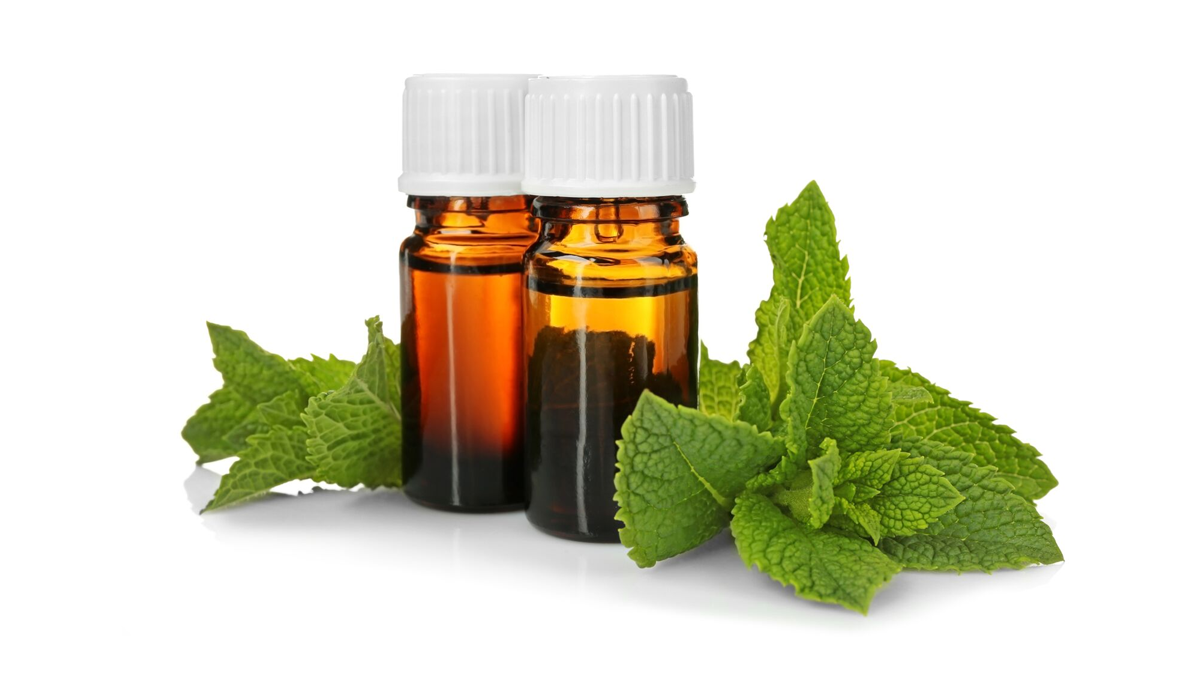
It also promoted the growth of fibroblasts, a cell type that is important in wound healing.Īlthough research suggests that essential oils may have some health benefits, it is important to remember that the Food and Drug Administration (FDA) does not monitor or regulate the purity or quality of these. The microcapsule treatment was effective against four different types of bacteria, including one antibiotic-resistant strain. The researchers packaged peppermint oil and cinnamaldehyde, the compound in cinnamon responsible for its flavor and aroma, into silica nanoparticles. Research published in the journal ACS Nano suggests that scientists have found a way to package antimicrobial compounds from peppermint and cinnamon in tiny capsules that can both kill biofilms and actively promote healing. Peppermint capsules Treating and healing chronic wounds This helps people with coughs.įor the best results, a person can add 3–4 drops of peppermint essential oil to hot water and then inhale the steam. Expectorants loosen and bring up mucus from the lungs. Decongestants shrink the swollen membranes in the nose, making it easier to breathe. Menthol, the main chemical component of peppermint, is an effective decongestant. The study concluded that treating these symptoms in such patients with peppermint oil is relatively safe. Nausea and vomiting, or emesis, are common side effects experienced by cancer patients during chemotherapy.Ī 2021 study found that peppermint oil significantly reduced the frequency of nausea, vomiting, and retching in people undergoing chemotherapy. However, both the study group and the placebo group participants experienced a decrease in symptoms.Ī person who is pregnant should speak with a doctor before taking peppermint for any reason. However, studies have either been inconclusive or contradictory.Īccording to a 2016 study on the safety of herbal medicines in pregnancy, 15.9% of study participants used peppermint for nausea relief.Ī 2018 study showed that the effect of peppermint oil on nausea during pregnancy was not significantly different from the effect of a placebo. Many people who experience nausea during pregnancy say they notice benefits from using peppermint in its various forms, including oil. Research from 2016 found that applying diluted peppermint oil onto the forehead can be an effective remedy for a tension headache.Ī review of 19 other studies showed that while the evidence for using herbal remedies for migraine is inconsistent, the effect of menthol (the key ingredient in peppermint) may be positive.

However, there is a lack of scientific evidence to support or challenge this use. Before use, test a small amount of the diluted oil on the forearm to rule out an allergic reaction. However, a person should always dilute it before using it on the skin.Īccording to the National Association of Holistic Aromatherapy, a good recipe is 1 ounce (oz) of carrier oil, such as mineral or olive oil, mixed with 3–6 drops of the essential oil.
#PEPPERMINT OIL SKIN#
Peppermint oil is widely used for calming skin irritation and itchiness, as well as reducing redness. Irritable bowel syndromeĪ 2018 review suggests that peppermint, in various forms, can help treat the symptoms of irritable bowel syndrome (IBS). However, it should not be used by people with gastroesophageal reflex disease (GERD), which has different causes of indigestion. This makes it suitable for people who have indigestion. Peppermint oil can help calm the stomach muscles and improve the flow of bile. These forms and the conditions they may help include: Peppermint oil Indigestion The different forms of peppermint may be good for helping different ailments. Research shows it may be effective in alleviating: Peppermint is a popular traditional remedy for a number of conditions. Share on Pinterest Claudia Lommel/Stocksy


 0 kommentar(er)
0 kommentar(er)
